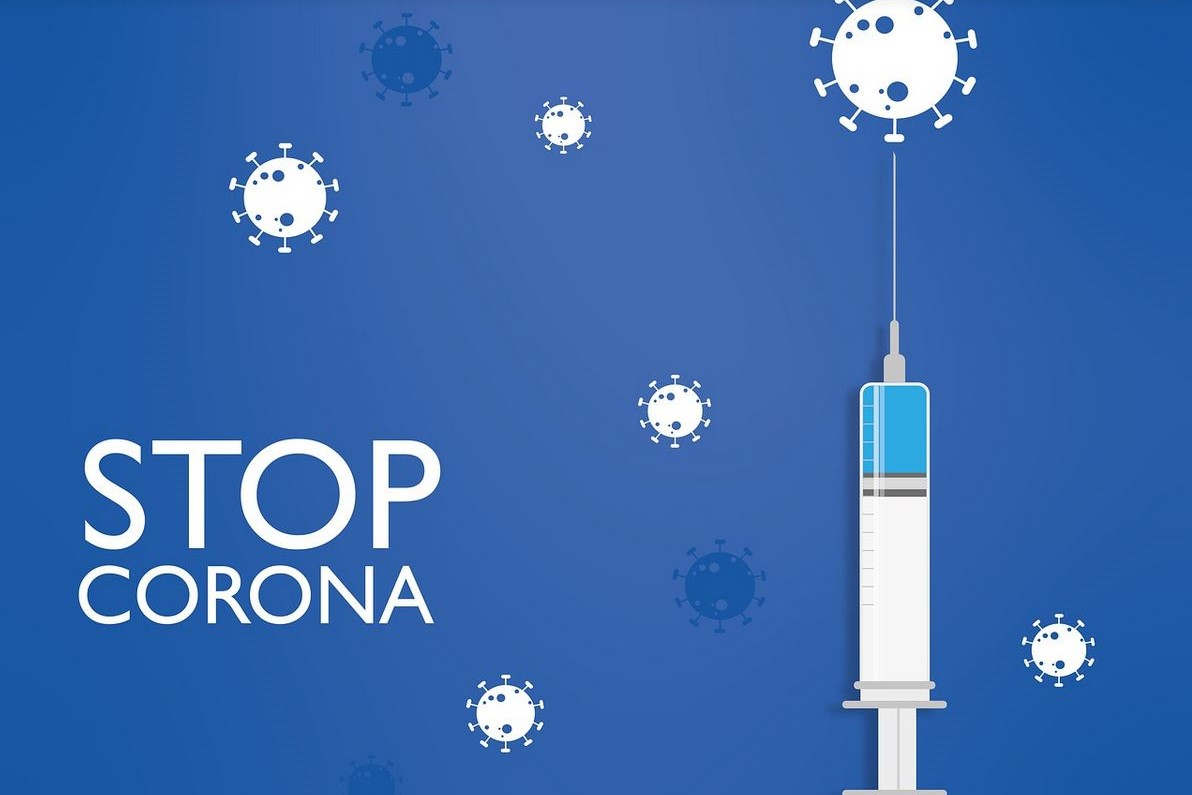In a few weeks, the Regional Pharmacovigilance Center of Tours has been flooded with reports of adverse reactions to the AstraZeneca vaccine. Worrying!
Four vaccines are approved in France: those from Pfizer-BioNTech, Moderna, AstraZeneca (now called Vaxzevria), and Johnson&Johnson, which is scheduled to be delivered starting April 19. According to the French National Agency for the Safety of Medicines and Health Products (ANSM), more than 10 million injections have been given as of April 1, 2021, including more than 1.9 million doses of Vaxzevria ( AstraZeneca).
But vaccines can have adverse effects. For example, the European Medicines Agency (EMA) has confirmed the link between the AstraZeneca vaccine and “rare cases of thrombosis” while indicating that the benefit/risk balance still favors the benefits.
1400 reports
The 31 regional pharmacovigilance centers (CRPV) have been collecting adverse reactions to each vaccine since the beginning of vaccination. However, at the end of March-beginning of April, the CRPV of Tours is overwhelmed by an influx of reports as revealed by our colleagues of France3 Centre-Val-de-Loire, April 7, 2021.
“At the end of March, in 3 months, we made the activity of the whole year 2020 in volume, about 1400 reports including a large proportion of vaccines, up to 200 per week and a peak from 15 to 21 March with more than 200 ” explains Dr. Annie-Pierre Jonville-Baré, head of the CRPV of Tours and president of the national network of CRPV. “There have been very few Moderna in the region and with Pfizer not many alerts since, the younger people are, the more they have reactogenic effects – that is to say fever, muscle pain that last 24 or 48 hours – as at the beginning we vaccinated the elderly in retirement homes these effects, not serious and very transient, we have hardly seen. We expected this increase in reports with the AstraZeneca vaccine, but not to this extent. “The head of the CRPV adds, “We communicate a lot to ask patients not to declare everything and the ARS does the same thing at the level of doctors, the volume has decreased but the situation remains tense. ”
No second dose
Thus, it was asked to stop reporting all side effects so that the regional pharmacovigilance center could focus on serious reports, such as thrombosis and other “very rare” adverse effects of the AstraZeneca vaccine.
The situation is so worrying that the High Authority of Health (HAS) recommends to vaccinate with a second different dose the more than 530.000 people who received a first injection of AstraZeneca! This is the case, among others, for 60,000 Moselle residents.
We must reassure people,” says Dr. Annie-Pierre Jonville-Baré. They should see this as a reassuring message rather than a frightening one. ”
This vaccine is still a bit scary…

